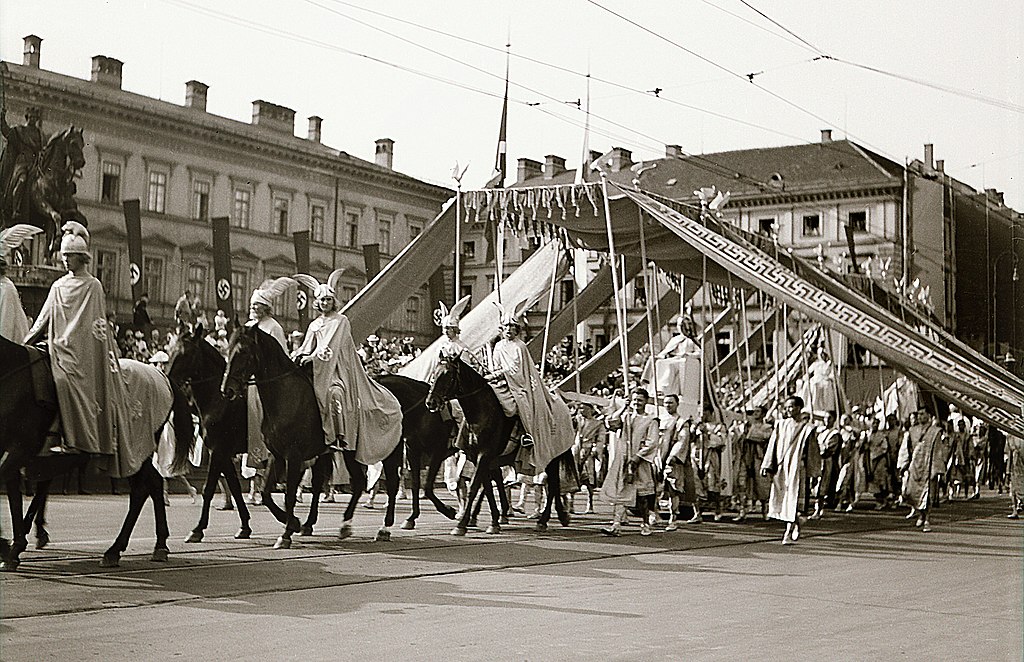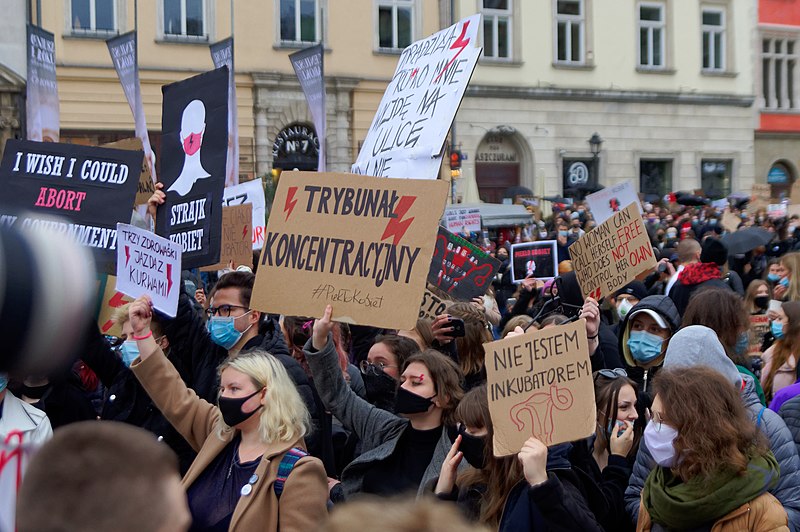Written by Peter Banks
From 11 to 21 August 2022, the multi-sport European Championships took place at Munich’s Olympic Park. Whilst this event occurs every four years, there is a particular historical resonance for this year’s championships for Munich, and Germany, as it coincides with the 50th anniversary of the 1972 Olympic Games held in Munich. Unfortunately, these Olympic Games will always be tainted by the terrorist attack carried out by the Palestinian group ‘Black September’ on the Israeli athletes in the Olympic village on 5 September 1972. However, the Munich games are also remembered and celebrated for how a new, democratic Germany was presented to the world only twenty-seven years after the end of the Second World War. Effectively utilised as a means of propaganda, the symbolic design of Munich’s Olympic stadium spatially exemplified this message and subsequently became a piece of iconic architecture. This is clearly illustrated by the slogan of this year’s European Championships, ‘Back to the Roofs’.
Leave a Comment



